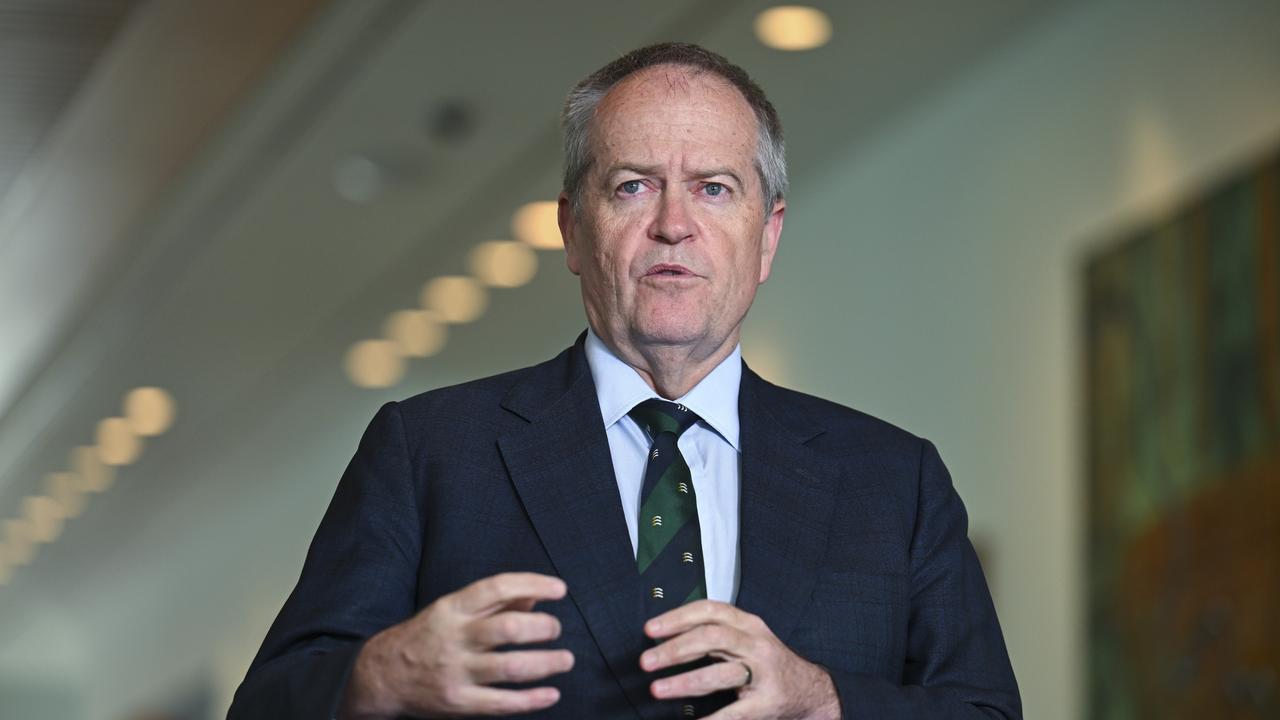Decision will set Caitlin Keyes-Liley back a year financially
CAITLIN Keyes-Liley wants to become a teacher - she just didn't expect that it would cost her more than $6000 to do so.
CAITLIN Keyes-Liley wants to become a teacher and would like to work in a school system with increased funding under the Gonski review - she just didn't expect that it would cost her more than $6000 to do so.
Ms Keyes-Liley deferred her studies at the Queensland University of Technology in Brisbane so she could work, earn some money and turn 22 - the age she qualifies as an independent student on Youth Allowance and so can benefit from a $2050-a-year Student Start-Up Scholarship for disadvantaged students.
Now, under education funding reforms, if she starts next year and takes the scholarship she will be forced to repay more than $6000 for a three-year course - the cost of another year of study.
"I don't understand why they are cutting education for education. It doesn't make sense," Ms Keyes-Liley said.
She is one of thousands of financially disadvantaged would-be university students who have been asked to help foot the bill for the Gonski school-funding changes.
The Gillard government is stripping $2.3 billion out of higher education, of which $1.2bn will come from converting $2050 a year Start Up scholarships for disadvantaged students into loans that will have to be repaid as part of their HECS income-contingent loans. A further $230 million will be saved by removing the 10 per cent HECS discount offered to students who pay their HECS debts upfront.
The change to scholarships has been grandfathered so the 245,000 students already receiving the scholarship will continue to do so, but new school-leavers and students who deferred study and need the scholarship to help pay studying expenses now face higher HECS bills.
That includes Ms Keyes-Liley, who deferred going to university in Brisbane this year. She had decided to wait until she turns 22 and so be classed as independent of her parents. That would make her eligible for youth allowance payments and the Start Up scholarship.
She slammed the decision as "silly" but would continue to support Labor as she was wary of further cuts if the Coalition is elected in September. She said the extra debt would not stop her going to university next year.
Similarly, Prudence Bibo, 18, this year deferred starting a nursing degree in Canberra, and as a result faces having to take the scholarship as a loan. The daughter of a single mother, she was always going to qualify for youth allowance and the scholarship but wanted to first save some money and do voluntary work in Vanuatu. That decision has now effectively cost her $6000 over the course of her three-year degree.
"I can't express how angry I am," she said. "It really aggravates me because we need people in these professions."
Deakin University vice-chancellor Jane den Hollander said she was "astonished" the government was targeting financially disadvantaged students. But she said converting the scholarships to a HECS loan was still a good deal for poor students, given the higher returns from having done a degree.
"I don't understand why the government has done this but what I need to do now is make sure these students understand they can still get an education," she said.


